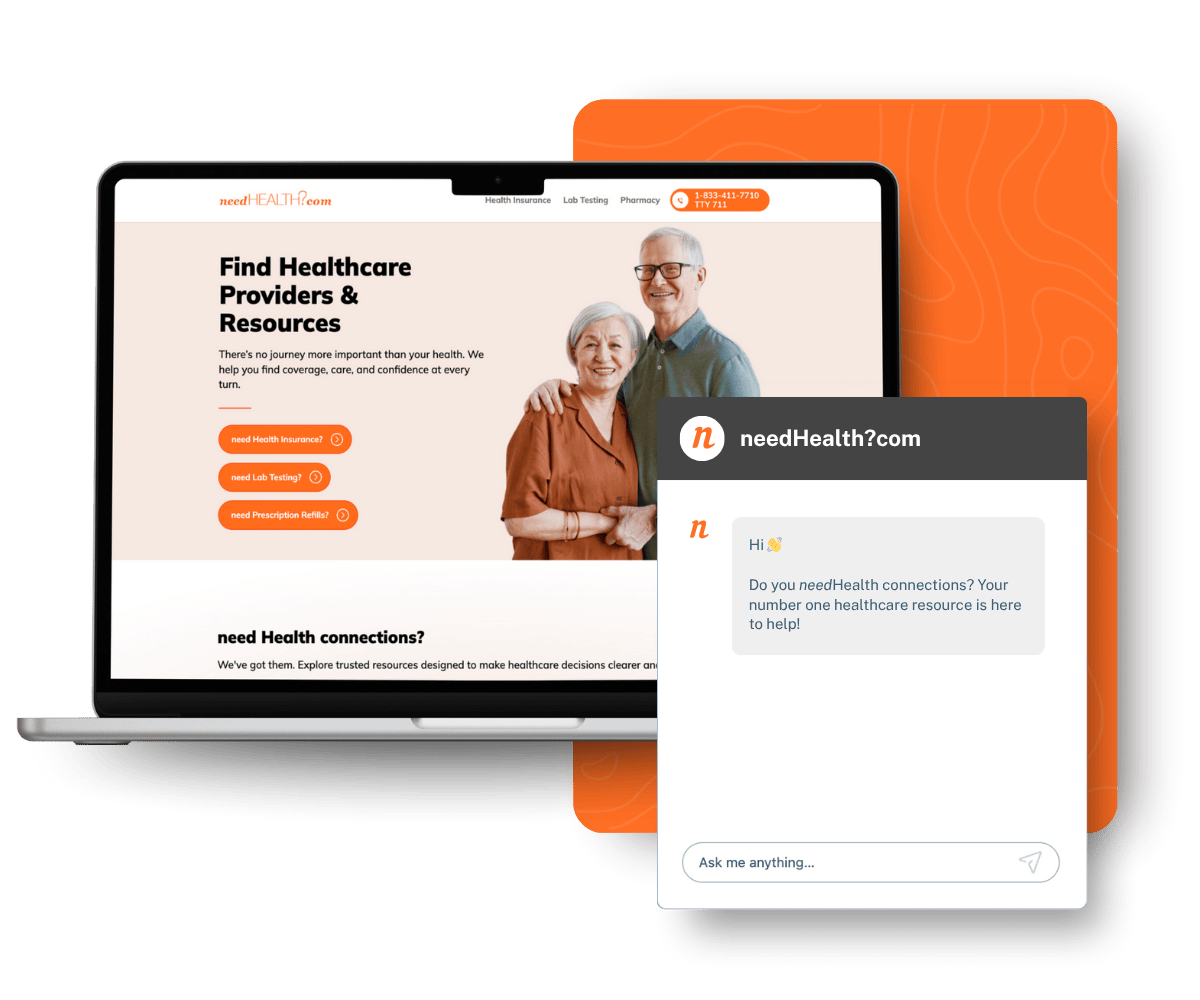Panels that look for inherited variants tied to heart and lung conditions, including arrhythmias, cardiomyopathies, and pulmonary disorders.

Cardiopulmonary panels examine genetic variants that may affect the heart and lungs, from arrhythmias and cardiomyopathies to inherited pulmonary disorders.
Genetic traits can play a role in heart and lung health. For some people, inherited changes may increase the risk of rhythm disorders, heart muscle problems, or pulmonary disease. Identifying these variants can help providers better understand potential risks and personalize care plans.
Cardiopulmonary panels examine variants tied to cardiovascular and pulmonary function. While results cannot diagnose disease, they may highlight areas where more monitoring or preventive steps are recommended. Testing often considers conditions such as:
Arrhythmias are irregular heart rhythms that may lead to dizziness, fainting, or sudden cardiac events. Panels may include genes like KCNQ1 or SCN5A, which are associated with inherited rhythm disorders.
Cardiomyopathies are diseases of the heart muscle that affect how the heart pumps blood. Testing may look at variants in genes such as MYH7 or TTN, which are linked to hypertrophic and dilated cardiomyopathies.
Cerebrovascular disease includes conditions that affect blood flow in the brain, increasing stroke risk. Panels may measure variants in genes like NOTCH3, which is associated with CADASIL, a rare inherited form of stroke disorder.
PAH is high blood pressure in the arteries of the lungs, which can strain the heart over time. Panels may test for mutations in BMPR2 and other genes that have been linked to hereditary PAH.
Heart and lung health are vital to your overall wellbeing. We’ll connect you with trusted labs that provide cardiopulmonary panels, so you and your doctor can make more informed decisions.
Get Tested
Discover more resources that may be helpful for you and your doctor."